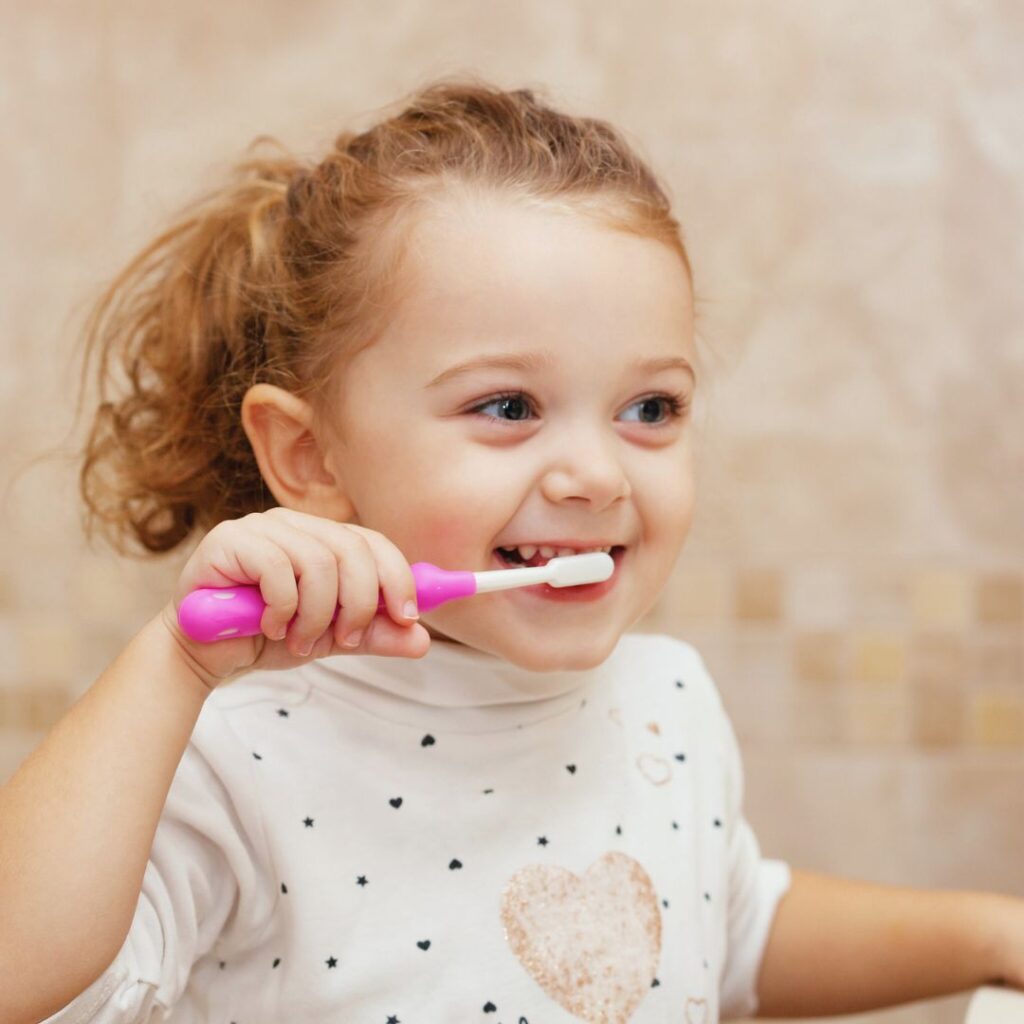Here’s What Happens If You Don’t Brush Your Teeth

You’re likely aware that brushing and flossing are essential for preventing plaque and tartar buildup, reducing the risk of periodontal (gum) disease. However, what might not be as widely known is the extensive impact of good oral hygiene on your overall health. What happens when you don’t brush your teeth can lead to not only oral issues such as swollen, red gums, bleeding, pain when chewing, and loose teeth, but also serious complications for your heart, lungs, brain, and more.
Is brushing once a day enough?
Brushing your teeth once a day is not enough to break up the biofilm in your mouth. To maintain optimal oral health, a consistent hygiene routine is crucial. “You should brush your teeth twice a day for two minutes every time to maintain healthy teeth and to help stay cavity-free,” recommends Dr. Kahng. Skipping this routine compromises your dental health and could lead to broader health complications.
Ahead, we share insights from researchers and dentists on what happens when you don’t brush your teeth and the associated health risks.
What happens if you don’t brush your teeth
1. Cardiovascular disease
An increased risk of heart disease is just one of the potential health problems that can arise if you don’t brush your teeth. According to the Mayo Clinic, research suggests that cardiovascular disease, clogged arteries, and strokes could stem from the inflammation and infections oral bacteria cause. Further emphasizing this connection, a June 2023 study published in the peer-reviewed journal Nature Scientific Reports found that individuals who skipped brushing their teeth at night faced a higher risk of developing cardiovascular disease than those who maintained their nightly brushing routine.
2. Respiratory infections
When you don’t brush your teeth, your risk of pneumonia may increase. This risk is especially pronounced in older adults or those with compromised immune systems. Dr. Kahng cites a 2020 study showing a significant increase in pneumonia risk among individuals with numerous dental caries and missing teeth. Conversely, the risk decreased substantially with better oral hygiene practices, including regular tooth brushing and professional dental cleanings.